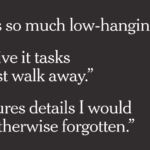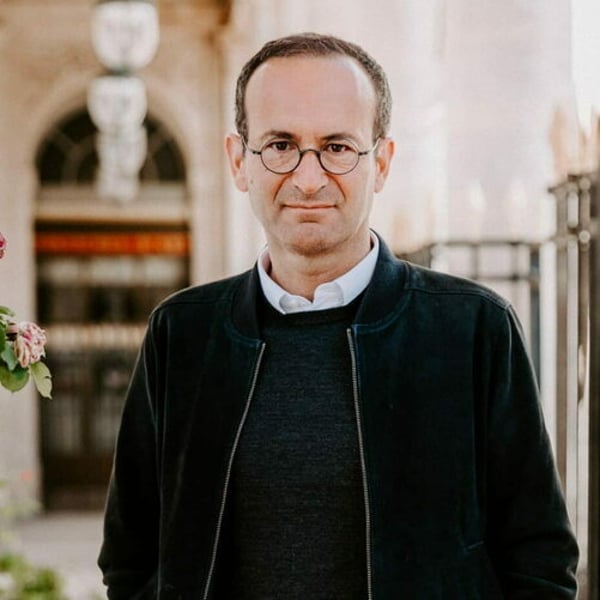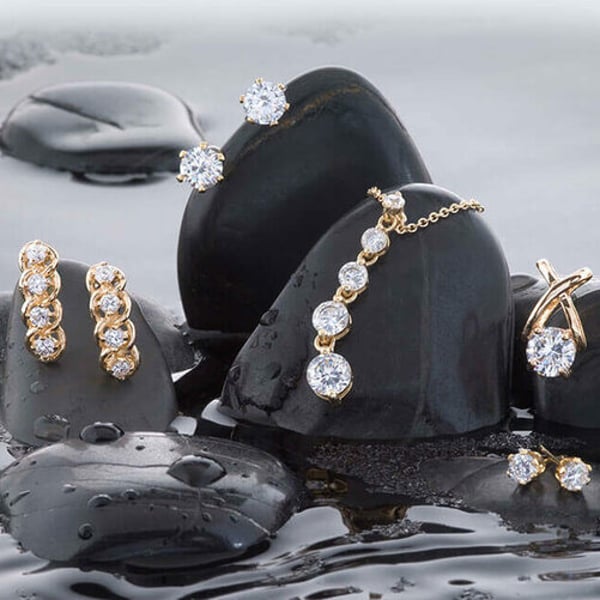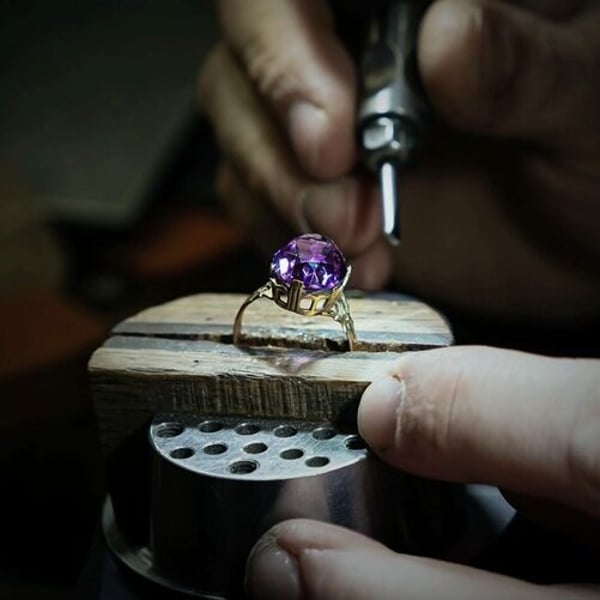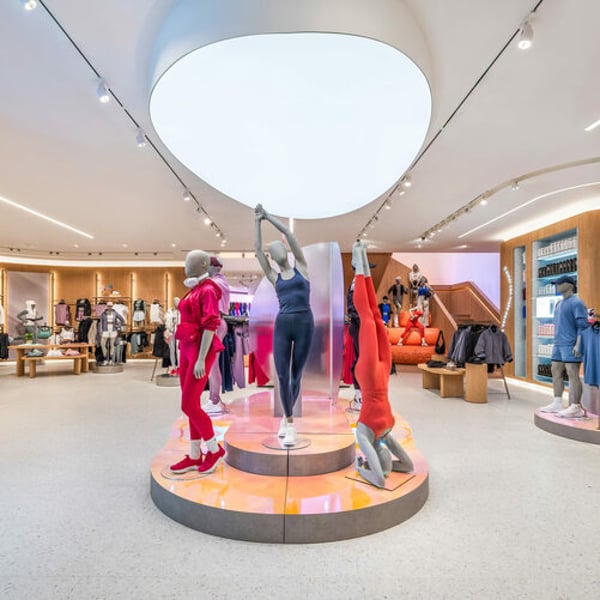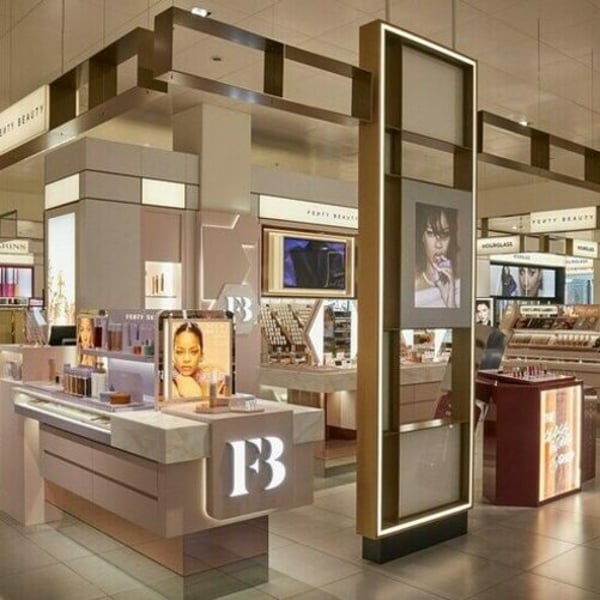Translated by
Nazia BIBI KEENOO
Published
June 24, 2025
Frédéric Biousse, a key figure behind the rise of French accessible luxury, has stepped away from the fashion spotlight in recent years. Now known for his hospitality venture, Domaines de Fontenille in Luberon, he remains a close observer of the industry. From the rapid ascent of Sandro and the SMCP group to the repositioning of labels such as Soeur, Figaret and Sessùn—through the Experienced Capital fund he co-founded with former SMCP partners Elie Kouby and Emmanuel Pradère—Biousse has established a consistent track record in brand revival. Prior to these ventures, Biousse served as president of Comptoir des Cotonniers from 2004 to 2007, having been recruited by founder Tony Elisha. He was the first to lead the brand after its acquisition by Japan’s Fast Retailing. In an interview with FashionNetwork.com, he reflects on the group’s recent filing for court protection for both Comptoir des Cotonniers and Princesse tam.tam. Nearly two decades after the €250 million acquisition, he attributes the brands’ decline not to market conditions but to strategic missteps. In his view, applying Uniqlo’s operational model to these French labels compromised their desirability. However, he believes their core identity remains intact, and he proposes an independent structure—offered to Tadashi Yanai—to reestablish their appeal to consumers seeking authenticity.
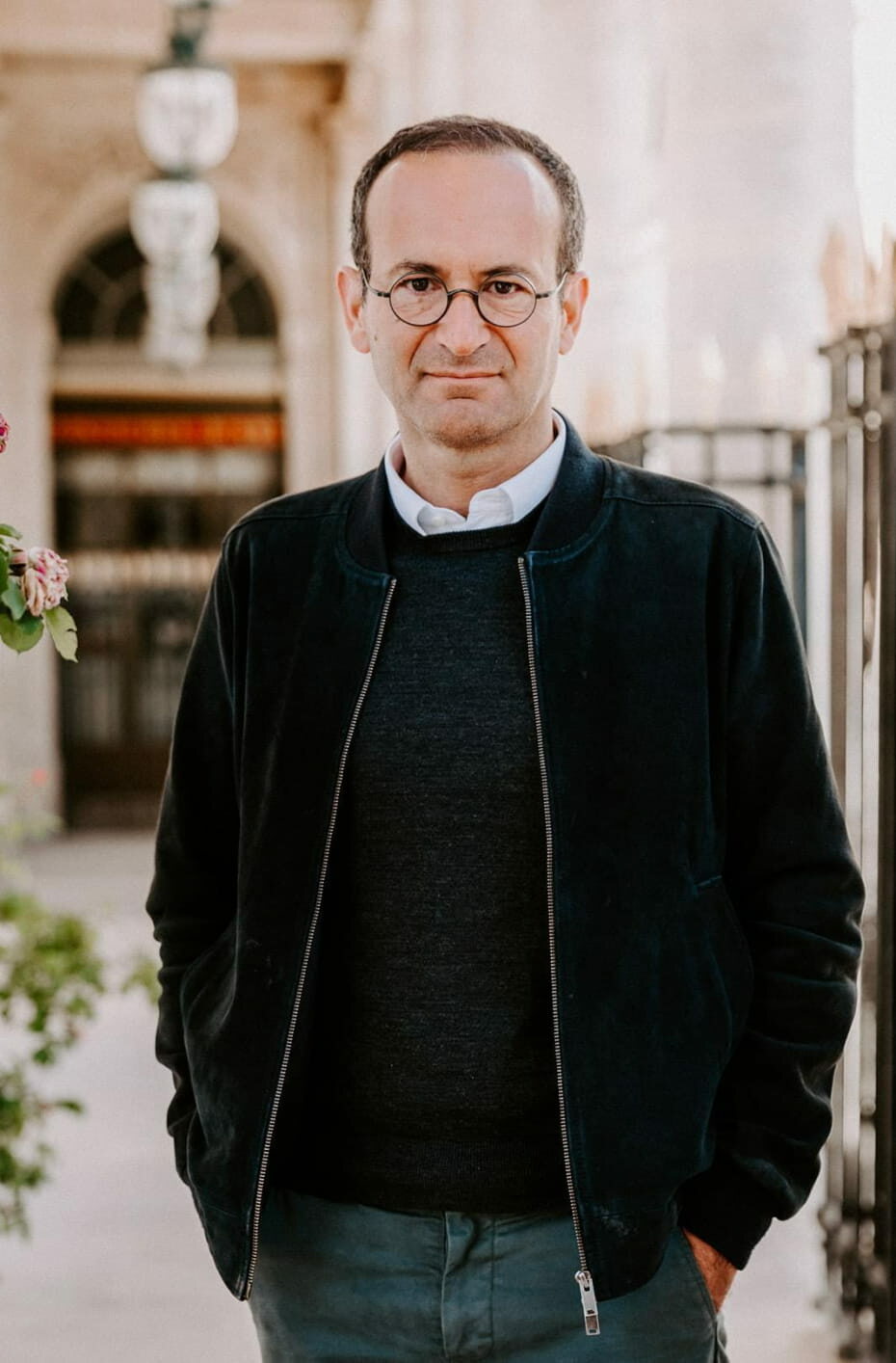
FashionNetwork.com: As a former president of Comptoir des Cotonniers, how do you view Fast Retailing’s decision to file for court protection for both Comptoir and Princesse tam.tam? Does this outcome affect you personally?
Frédéric Biousse: I wouldn’t say I’m emotional about it—more frustrated. What bothers me most is the simplistic narrative that fashion is dead, that brands like Shein and Temu have destroyed the industry. That’s just not true. France is paying the price for years of stagnation and lack of innovation in fashion. Many brands that are collapsing today should have disappeared long ago. The real issue is the outdated business model, like what we saw at Vivarte—collection planning dominated by marketing. When marketing takes over, creativity dies.
FNW: You think this is a broader industry problem?
FB: Absolutely. More brands are still at risk. I regularly get approached with proposals to revive struggling labels. One major issue is the looming debt burden, especially with government-backed loans coming due. Many companies are in trouble. However, rather than staying on the defensive against Chinese competitors, our government and fashion federations should take a more proactive stance. We need to support creative brands with strong identities. There’s no real industrial policy anymore. BPI (the French public investment bank) could do more to help emerging labels. Banks need encouragement to back fashion businesses, because the sector isn’t dead. Strong brands like Sézane, Soeur, and Balzac—are thriving because they’re well-run, product-driven and have a clear vision.
FNW: Is that what Comptoir and Princesse tam.tam lacked under Fast Retailing?
FB: Exactly. It’s all about leadership and shareholder choices. Comptoir was swallowed whole by Uniqlo. Japanese management, rigid IT systems and cross-functional processes were forced in, flattening creativity. They never understood that this brand needed protection. It had all the potential to double or even triple in size.
FNW: But you were in charge at the time of the Fast Retailing acquisition.
FB: I was. When Tony Elisha handed me the reins after the sale, he said: “Frédéric, always protect the creative side.” And that’s exactly what I did. Mr. Yanai respected me and gave me the freedom to lead. Back then, Comptoir accounted for 17% of Fast Retailing’s net profits. We were even in talks to acquire Sandro in 2007. I believed it would create healthy competition and push creative boundaries. Mr. Yanai wasn’t comfortable with the potential disruption, but he did allow me to leave and take on Sandro with Elie Kouby.
FNW: Uniqlo has grown impressively. Why didn’t that success extend to the French brands?
FB: Uniqlo is brilliant—it’s the smartest, most effective entry-level apparel brand on the market. Offering practical, accessible products is Mr. Yanai’s genius. But Uniqlo isn’t fashion—it’s convenience. That’s where French and European brands still have an edge. If Uniqlo mastered color better, they’d probably be twice as big. But applying the Uniqlo model to Comptoir or Princesse tam.tam destroyed their desirability.
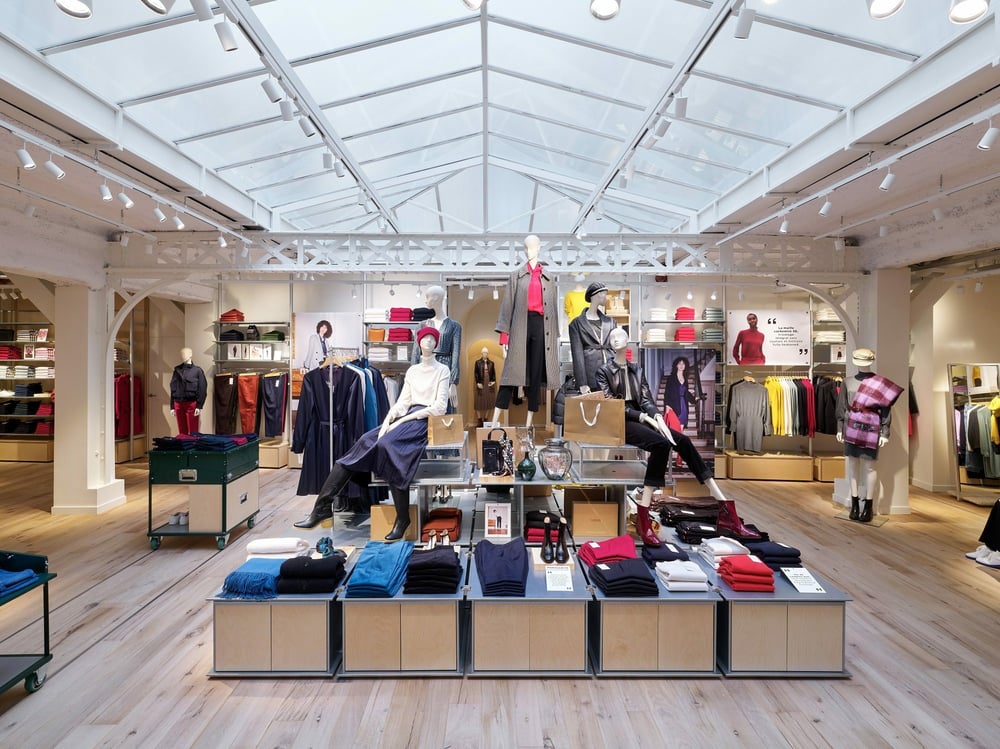
FNW: Why?
FB: Because true fashion starts with the product—it offers a dream. The best pieces are often the unexpected ones. Fashion is like surfing—the great surfers don’t fear the wave wall. They move with it, ride the momentum. But today, companies put in leaders who’ve run subsidiaries or operations, not brands. They bring processes instead of vision. Fashion, retail, beauty and hospitality—all require agility, risk-taking and comfort with uncertainty. The more you bring in managers unfamiliar with fashion, the harder it is to nurture the chaos needed for innovation.
FNW: Still, the group invested and attempted several relaunches.
FB: They did, because they genuinely wanted it to succeed. But the right people were never put in place. There was a lot of ego involved, and a refusal to admit that the approach wasn’t working. We’ve been witnessing this for years, and it’s frustrating—especially because we know exactly what needs to be done. I even offered to buy the brand from Mr. Yanai.
FNW: Did you make an offer to acquire the brand?
FB: Yes. A few years ago, I emailed Mr. Yanai with a proposal to acquire Comptoir. I never received a reply.
“P
rice isn’t
the issue when you have a strong brand.”
FNW: So what future do you see for Comptoir and Princesse tam.tam?
FB: Only around 100 stores remain between them. It would be a real shame to see more closures. Integrating them into Uniqlo stripped them of their aspirational value. Lowering prices completely misses the point. A strong brand doesn’t compete on price. By selling cheaper, lower-quality products, they’ll inevitably sell less. That means smaller margins and no way to cover rent. It’s a recipe for failure.
FNW: Do you still see potential for the two brands?
FB: Absolutely. I believe there’s still a meaningful story to be written. I remain loyal—Tony Elisha and Georgette, who led the design side, gave me my first real opportunity. It changed the course of my life. Loumia and Mourad, who built Princesse tam.tam into something remarkable, were extraordinary individuals. They lost their lives in the Mumbai attacks. I can’t accept the idea that their legacy should end this way.
FNW: Are you looking to take over Fast Retailing’s French operations?
FB: The company is under court protection, not liquidation. I have no interest in acquiring empty structures for minimal value. That would be unfair to both the banks and the employees. I believe in structured, sustainable solutions.
FNW: What would your revival plan look like?
FB: With Fast Retailing. Together. Elie Kouby and I have 30 years of trust in this industry. Rather than shut down the remaining network, the group could let us take a minority stake. We’d create an independent business unit, keep the stores, rebuild the offering with trusted manufacturers and develop a thoughtful relaunch. The goal would be to make these two labels into French gems we can be proud of again.

FNW: For over 15 years now—particularly through Experienced Capital—you’ve advocated for new business models. Wouldn’t this be a step back, reviving a structure some might consider outdated?
FB: You’re right—reviving a brand during an economic crisis is extremely challenging. But this situation is different. I spent three years working alongside Tony Elisha and then Mr. Yanai. It was an extraordinary period, marked by a collective journey that we later experienced again with Sandro and Maje, and that I’ve continued with Domaines de Fontenille. I know this brand’s identity inside out. I know exactly how to lead a creative brand and set it on the right path. Any business can be transformed, but success isn’t something you can buy. You have to bring the right people on board, be patient and rebuild from the ground up. Above all, it’s essential not to repeat the same formula or mistakes from the past.
FNW: You’ve maintained a lower profile in fashion in recent years. Is this a message directed at Fast Retailing?
FB: I remain involved in selected projects at Experienced Capital and continue to advise on various initiatives. At one point, I felt there was nothing left to prove. But Comptoir feels like a moral responsibility. I truly believe that if Elie and I call on the French and European fashion community—if we say, “Let’s work together to bring these two brands back and make them a collective source of pride”—we can make it happen.
Copyright © 2025 FashionNetwork.com All rights reserved.

